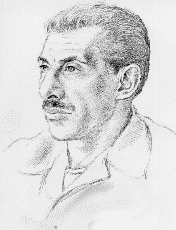
Idries Shah, also known as Idris Shah, Indries Shah, né Sayed Idries el-Hashimi and by the pen name Arkon Daraul, was an Afghan author, thinker and teacher in the Sufi tradition. Shah wrote over three dozen books on topics ranging from psychology and spirituality to travelogues and culture studies.
A teaching story is a narrative that has been deliberately created as a vehicle for the transmission of wisdom. The practice has been used in a number of religious and other traditions, though writer Idries Shah's use of it was in the context of Sufi teaching and learning, within which this body of material has been described as the "most valuable of the treasures in the human heritage". The range of teaching stories is enormous, including anecdotes, accounts of meetings between teachers and pupils, biographies, myths, fairy tales, fables and jokes. Such stories frequently have a long life beyond the initial teaching situation and have contributed vastly to the world's store of folklore and literature.
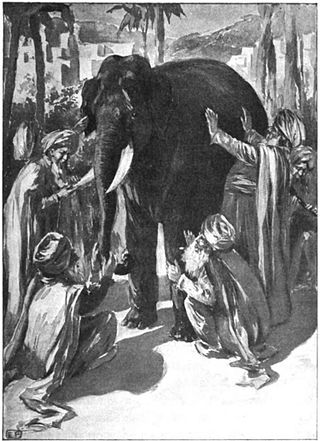
The parable of the blind men and an elephant is a story of a group of blind men who have never come across an elephant before and who learn and imagine what the elephant is like by touching it. Each blind man feels a different part of the animal's body, but only one part, such as the side or the tusk. They then describe the animal based on their limited experience and their descriptions of the elephant are different from each other. In some versions, they come to suspect that the other person is dishonest and they come to blows. The moral of the parable is that humans have a tendency to claim absolute truth based on their limited, subjective experience as they ignore other people's limited, subjective experiences which may be equally true. The parable originated in the ancient Indian subcontinent, from where it has been widely diffused.
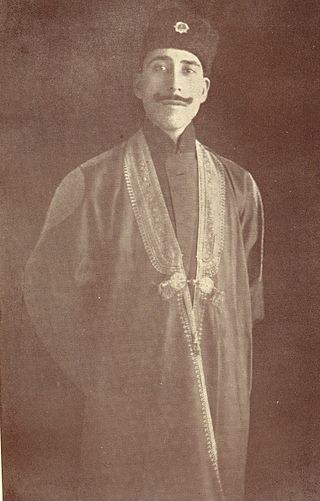
Sirdar Ikbal Ali Shah was an Indian-Afghan author and diplomat descended from the Sadaat of Paghman. Born and educated in India, he came to Britain as a young man to continue his education in Edinburgh, where he married a young Scotswoman.
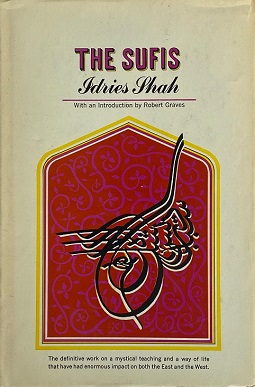
The Sufis is one of the best known books on Sufism by the writer Idries Shah. First published in 1964 with an introduction by Robert Graves, it introduced Sufi ideas to the West in a format acceptable to non-specialists at a time when the study of Sufism had largely become the reserve of Orientalists.
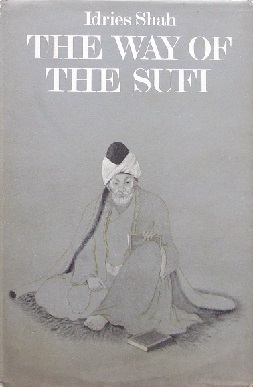
The Way of the Sufi was the best-selling follow-up introduction to Sufism by the writer Idries Shah after the publication of his first book on the subject, The Sufis. Whereas The Sufis eschewed academic norms such as footnotes and an index, The Way of the Sufi provided a full section of notes and a bibliography at the end of its first chapter, entitled "The Study of Sufism in the West".
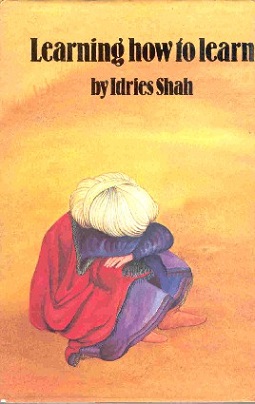
Learning How to Learn: Psychology and Spirituality in the Sufi Way is a book by the writer Idries Shah that was first published by Octagon Press in 1978. Later editions by Harper & Row (1981) and Penguin Books include an introduction by Nobel Prize Winner Doris Lessing.

Knowing How to Know is a book by the writer Idries Shah published posthumously by Octagon Press in 1998. A paperback edition was published in 2000.
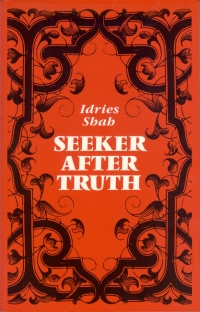
Seeker After Truth: A Handbook was written by Idries Shah, one of the foremost writers on Sufism. It was first published by Octagon Press in 1982, and later republished by The Idries Shah Foundation.

The Commanding Self is a book by the writer Idries Shah first published by Octagon Press in 1994. A paperback edition was published in 1997.

First published in 1971, Thinkers of the East: Studies in Experientialism was one of several books of Eastern practical philosophy study materials selected and arranged by Idries Shah for a contemporary readership.

Neglected Aspects of Sufi Study is a book by the writer Idries Shah, published by Octagon Press in 1977. A later edition was published in 2002.

Wisdom of the Idiots is a book of Sufi teaching stories by the writer Idries Shah first published by the Octagon Press in 1969. A paperback edition was published in 1991. ISF Publishing, sponsored by The Idries Shah Foundation, published a paperback edition on 2015, followed by the ebook version and audiobook.
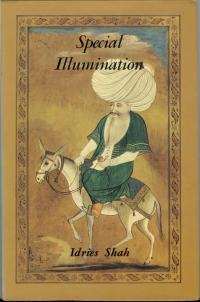
Special Illumination: The Sufi Use Of Humour is a book by the writer Idries Shah published Octagon Press in 1977. Later editions were published in 1983, 1989 and 1997.
Octagon Press was a cross-cultural publishing house based in London, UK. It was founded in 1960 by Sufi teacher, Idries Shah to establish the historical and cultural context for his ideas. The company ceased trading in 2014.

Destination Mecca is an early book by the writer Idries Shah, who went on to produce an extensive corpus of material on Sufism that is both accessible and relevant to contemporary western readers. It was first published by Rider in 1957, and subsequently by Octagon Press in 1969. Shah had already made a name for himself as the author of two well-researched and in many ways ground-breaking books about magic. However, these scholarly works, and the vastly more influential work, The Sufis, which was to follow in 1964, by their nature entailed keeping his own personality in the background. His intention in this present book appears to be to counterbalance this tendency through his skilful use of the familiar travel book format, and he steps out of the shadows as an approachable young man with a lively mind and a fine sense of humour and adventure – someone who is comfortable in his mid-twentieth century skin and equally at home in Eastern and Western contexts.

The Elephant in the Dark is a book by the writer Idries Shah, based on lectures he delivered at the University of Geneva as Visiting Professor in 1972–1973. He was invited to speak on the topic of “Salvation as a total surrender to God: an attempt at dialogue between Christians and Muslims.”
The Idries Shah Foundation (ISF) is an independent educational and cultural charity, set up by the family of the late thinker, writer, and teacher in the Sufi mystical tradition, Idries Shah, who wrote over three dozen books on topics ranging from psychology and spirituality to travelogues and culture studies.

The Pleasantries of the Incredible Mullah Nasrudin is a book by the writer Idries Shah, based on lectures he delivered at the University of Geneva as Visiting Professor in 1972–73. The book is a collection of tales, none more than two pages and almost all less than a page long, about the folkloric character Mulla Nasrudin. Published by Octagon Press in 1968, it was re-released in paperback, ebook and audiobook editions by The Idries Shah Foundation in 2015.
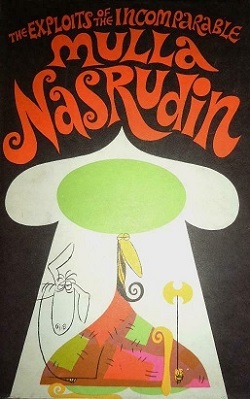
The Exploits of the Incomparable Mulla Nasrudin is a book by the writer Idries Shah, It consists of jokes and anecdotes involving the wise fool of Middle Eastern folklore, Mulla Nasrudin. Published by Octagon Press in 1966, the book was re-released in paperback, ebook and audiobook editions by The Idries Shah Foundation in 2014 and 2015.


















